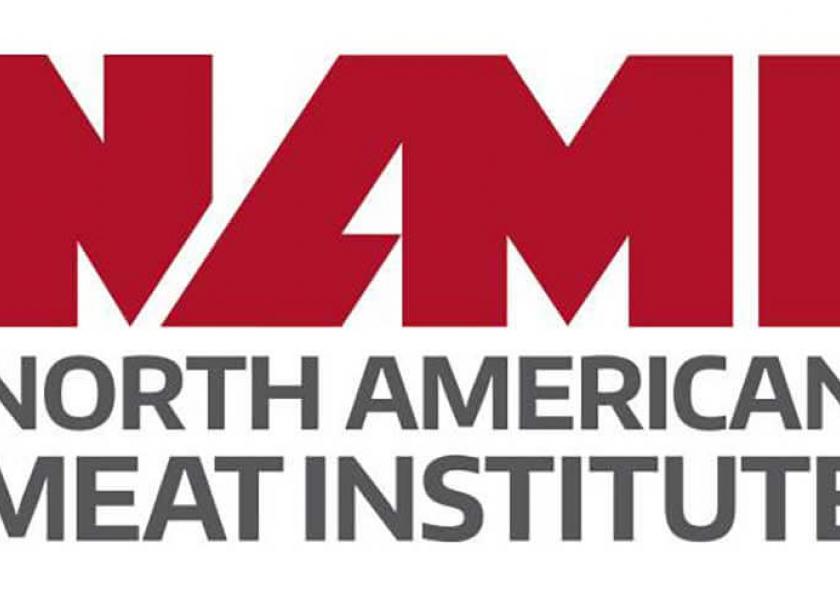Meat Institute Announces Ambitious Climate Target

The North American Meat Institute announced that 100% of its members will deliver independently approved science-based greenhouse gas reduction targets in line with the Paris Climate Agreement goals by 2030.
The Meat Institute’s five new targets released alongside its sustainability framework are the latest commitments launched through the Protein PACT for the People, Animals, and Climate of Tomorrow, which unites 12 leading U.S. agricultural organizations committed to taking measurable action to accelerate progress toward global development goals.
Julie Anna Potts, Meat Institute president and CEO, said:
“Our comprehensive sustainability framework will drive momentum and generate technical support for meat packers and processors of all sizes to establish independently approved science-based targets to reduce greenhouse gas emissions while producing the leading source of safe, high-quality protein in Americans' diets, sustaining healthy animals and a thriving workforce along the way.”
The Meat Institute will support members in setting greenhouse gas reduction targets to be approved by the Science Based Targets Initiative (SBTi), which independently assesses and approves companies’ targets in line with its strict criteria. More information about SBTi is available here.
In addition, the Meat Institute will collect data on metrics establishing transparent baselines and verifying progress toward ambitious goals for animal care, food safety, labor and human rights, and health and wellness. Other targets announced today include:
● In 2022, companies representing 90% of meat produced by Meat Institute members will report data in the Meat Institute’s sustainability framework, with 100% of Meat Institute members reporting data on all metrics by 2030.
● By 2025, 100% of Meat Institute members who handle animals will pass third-party audits for animal care during transportation and handling and all members will require all suppliers to implement mandatory employee training and follow species-specific standards for animal care.
● By 2025, working with the U.S. Department of Agriculture and Feeding America, the Meat Institute will measure and help fill the protein gap to ensure families in need have enough high-quality protein to meet U.S. dietary guidelines.
● By 2030, Meat Institute members will further reduce workplace injuries by 50% (2019 baseline), on top of the 75% reduction achieved from 1999-2019.
The Meat Institute’s sustainability framework was developed through extensive collaboration with external sustainability experts, supply chain partners, and Meat Institute members. Learn more about the Protein PACT and the Meat Institute’s sustainability framework here.







